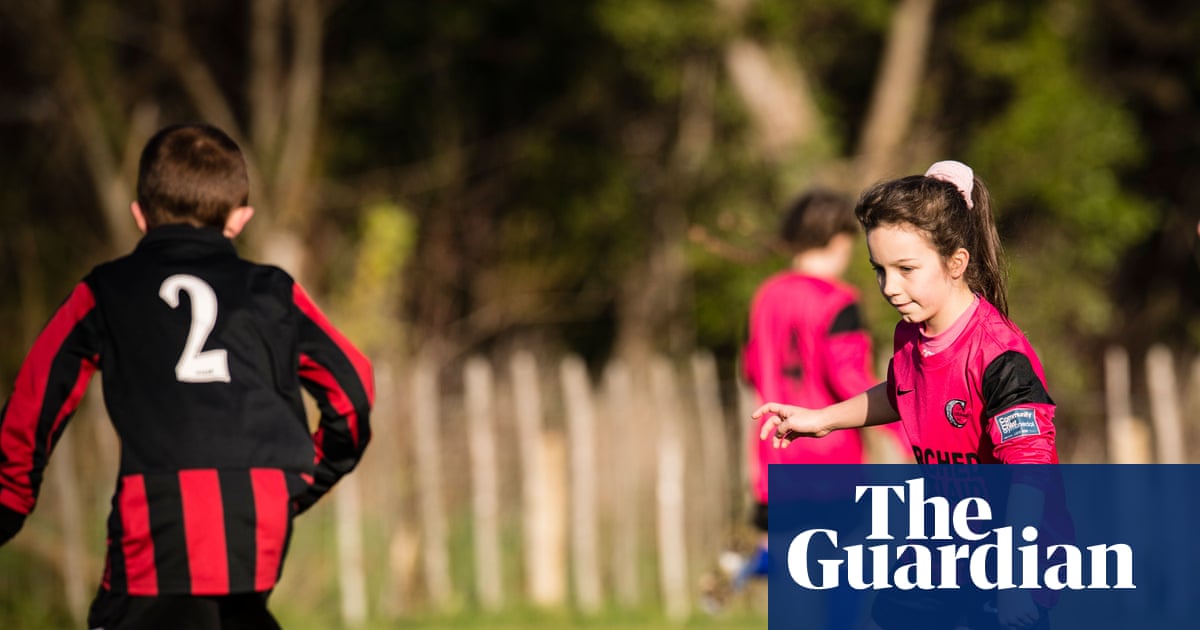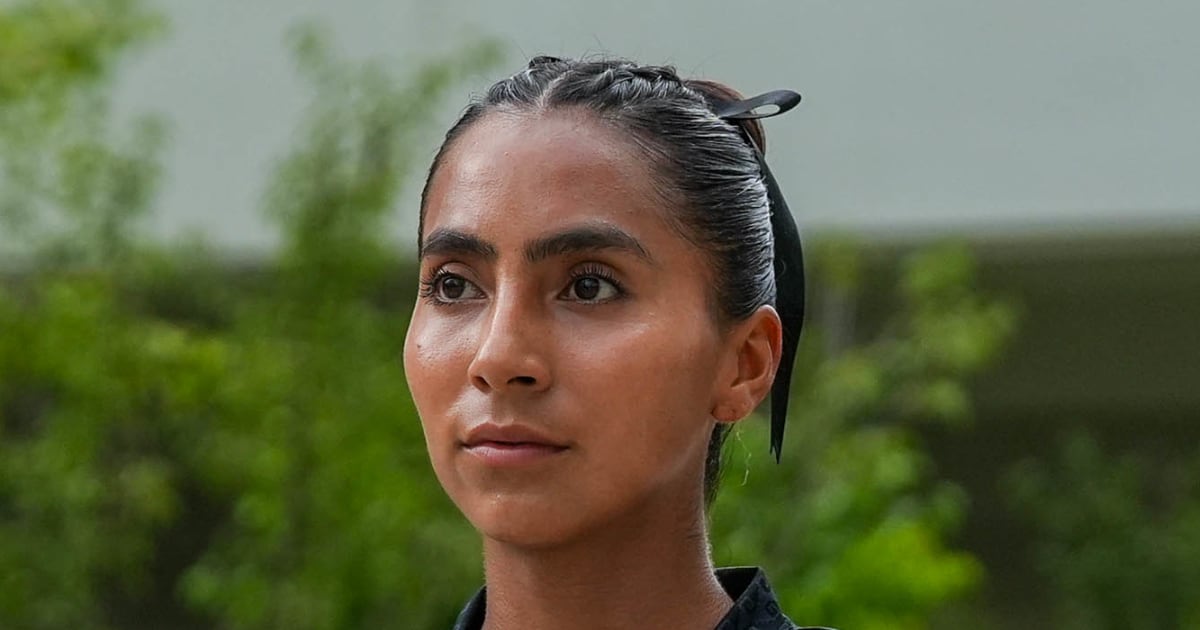Girls who play after-school sport in UK 50% more likely to later get top jobs, study finds

Girls who play after-school sport in the UK are 50% more likely to get top jobs later in life, according to research, which reveals that the boost is equivalent to a university degree.Despite this benefit, girls are far less likely to play sport than boys, with 11- to 18-year-olds each missing out on 1.4 hours a week, or 280m hours annually, with 340,000 more girls excluded due to cost and lack of local access, according to the research. One in three girls surveyed for the report said boys had access to a wider range of sports.The research found that women who played extracurricular sport as children were much more likely to reach senior professional roles. It attributes this benefit to the resilience, confidence and adaptability that sport builds, with women who play sport almost a third more likely to handle pressure well and bounce back after hard times, and a fifth more likely to enjoy trying new things.The culture secretary, Lisa Nandy, said that although broadcasters were making women’s sport increasingly visible, at a grassroots level “too often women and girls find the same old barriers still in place”.She added that the government was investing £400m in areas lacking sports facilities, and was “shaking up the curriculum to give girls and boys the same access to sport in schools”, as well as launching a new women’s sport taskforce.The report produced by Public First estimated that enabling 18-year-old girls to play sport could generate £30,000 in lifetime economic benefit to the UK per person, and lead to £6.5bn in economic and health benefits by 2035, including £570m in annual productivity gains and £73m in savings to the NHS each year.The research found that boys aged 11 to 18 spend an average of 1.4 hours more per week playing sport, the equivalent of 52 football matches a year. Nearly a third (29%) of girls said boys’ teams got priority booking for pitches and facilities, leading many girls to disengage by age 11.The report noted that boys were 1.5 times more likely to play team sports, with girls tending to opt for fitness classes or solo exercising, which means they don’t benefit from developing leadership and teamwork skills. Its qualitative research found that many adult women regretted dropping out of team sports.Stacey Pope, a professor in Durham University’s sports sciences department, said research had long shown that girls and women continued to be less physically active than boys and men.Her research has found “similarities in experiences of inequality across the generations”, from women who went to school in the 1950s, to current students describing “a clear gender divide that effectively prohibited them from playing sports like football and rugby”. A recent study revealed that “openly misogynistic attitudes towards women’s sport still dominate”.“More of the same is not going to be enough and if we are serious about increasing the participation of girls in sport, we need to see concrete actions from major stakeholders, including government and the media industry,” she said.“Some men changed their attitudes from misogynistic to more progressive after being more exposed to media coverage of women’s sport. This shows that more equitable coverage of women’s sport can lead to positive shifts in attitude and drive gender equality. Broadcasters therefore have a responsibility to cover women’s sport.”Sky, which commissioned the research, is calling for targeted tax relief for women’s sport production, which it says would increase the quality and quantity of coverage and grow jobs in the sector.The research found that more than half (55%) of girls said watching professional athletes inspired them to play, while two-thirds (65%) of 11 to 18-year-olds agreed that watching diverse athletes showed that sport was for everyone.Some girls also described a hostile environment, with a third aged 11 to 18 experiencing sexist comments while playing sport, rising to 42% among 15- to 18-year-olds, and nearly a quarter (24%) of 11- to 18-year-olds experiencing sexual comments.The research drew on a poll of more than 2,000 adults and 600 young people and interviewed 50 girls and women in focus groups.Sky’s chief executive, Dana Strong, said: “Broadcasters like Sky have a crucial role to play in driving access and visibility of women’s sport, but this alone won’t close the gap. We need to break down the barriers that tell young girls they don’t belong.”













